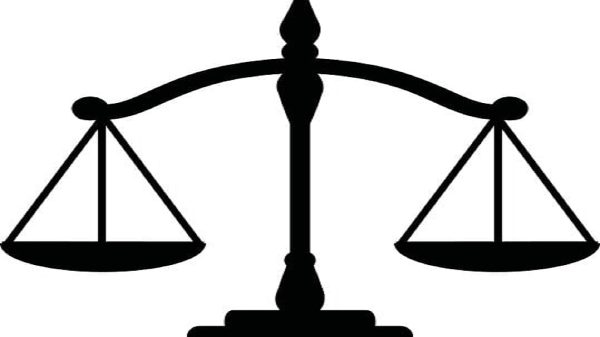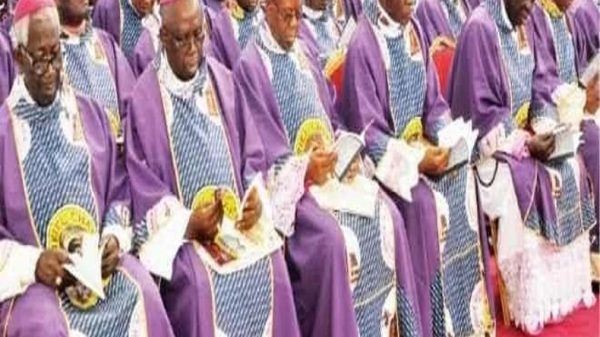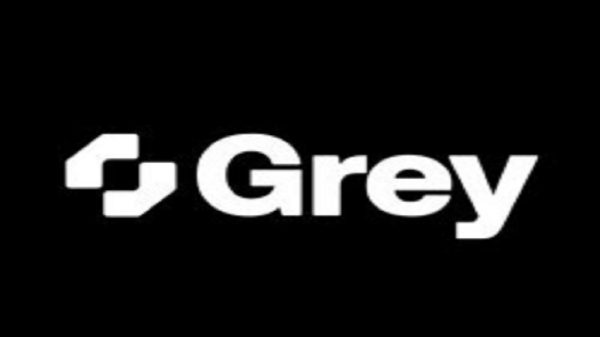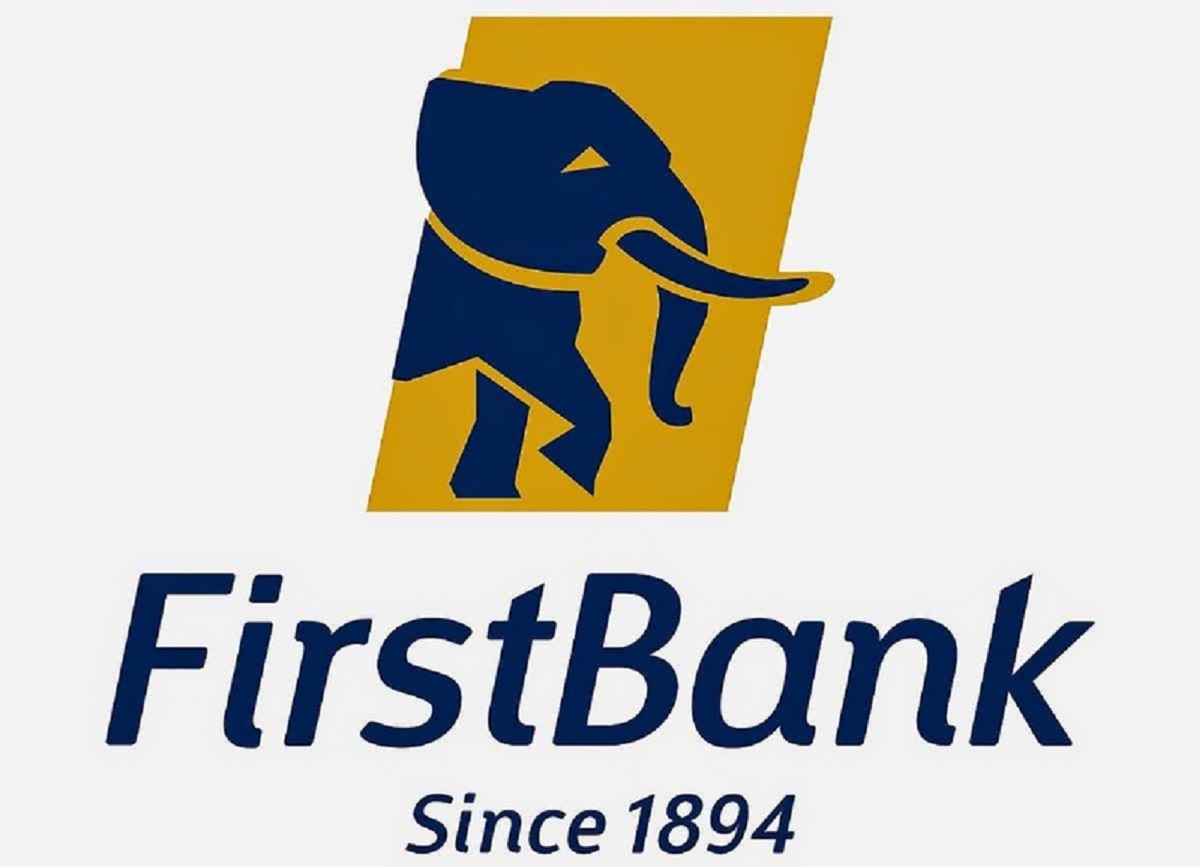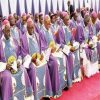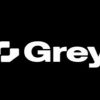A Lagos Federal High Court has ordered First Bank of Nigeria (FBN) Plc to pay the sum of N2,937,925,388.52 billion, to the Federal Airports Authority of Nigeria (FAAN) being an interest for not disclosing under-payment of credit interest on deposits in 14 different current accounts domiciled with the bank.
Justice Ayokunle Faji, while delivering judgment in suit numbered FHC/L/CS/67/2021 filed by FAAN, also held that First Bank breached its own professional Code of Ethics, by not disclosing all information on goods and services offered, including the interest rate payable by the bank.
Justice Faji made the above orders and declarations in a judgment delivered on October 9, 2023.
The plaintiff (FAAN) had in its originating Summons dated and filed on January 13, 2021, urged the Court to determine whether First Bank is entitled to pay interest on the applicant’s (FAAN) current deposits in lime with the Central Bank of Nigeria Monetary, Credit Foreign Trade and Exchange Policy Guideline of 2004/2005 No 37, Section 3, Sub-Section 3.2.4(a) Interest Policy, which states that “Banks shall continue to pay interest on current account deposits at rates negotiated between them and their customers.
Consequently, the applicant seeks the following reliefs: “An order for the payment of interest on the underpayment of interest on the current account deposits of the applicant at the respondent’s maximum lending rate from 1st September 2018 up to the date of refund.
“An order for the payment of the sum of N2,117,955, 865.01 billion, being interest on underpayment of credit interest on deposits in the applicant’s current account numbers.
“An Order for the payment of the sum of N819, 969, 523.51 million, being credit interest payable on the applicant’s current account deposits in account numbers: A declaration that in pursuance of the Central Bank of Nigeria Monetary, Credit, Foreign Trade and Exchange Policy Guidelines (Monetary Policy Circular), the Applicant is entitled to credit interest on its current account numbers 2004728814, 2004730671, 2004731403, 2004747983, 2012104714, 2012114742, 2013512417, 2020114013, 2020114439, 2020119427, 2020210135, 2020,211974, 2020213521 and 2020268284; deposits with the respondent.
“A declaration that in pursuance of the Central Bank of Nigeria Monetary, Credit, Foreign Trade and Exchange Policy Guidelines (Monetary Policy Circular), the applicant is entitled to receive interest on the credit interest the respondent failed to pay on the current account deposits of the applicant.”
But, in response to the Originating Summons, the First Bank in its 32-paragraph counter affidavit, raised two issues for determination to wit: “Whether having regards to the absence of any negotiation and/or agreement between the applicant and the respondent for payment of interest on the applicant’s current account with the respondent, the applicant is entitled to the reliefs sought on the face of the Originating Summons?
“Whether given the Central Bank of Nigeria’s circular “Time Bar for Resolution of Customer’s Complaint” dated 21st August 2015, this suit is statute-barred and constitutes an abuse of court process?”
First Bank stated that by Section 3.2.10 (a) of the Central Bank of Nigeria Monetary, Credit, Foreign Trade and Exchange Policy Guidelines, the words used in the said Section 3.2.10. (a) are clear and plain and should be given literal or ordinary meaning. It follows, therefore, that before interest can be paid on a current account, the interest rate should have been negotiated and agreed upon between the customer and the bank.
The bank further argued that the applicant did not exhibit or refer to any document to show that it approached or negotiated with the respondent on the interest rate to be paid by the respondent for the credit balances in the applicant’s current accounts with the respondent.
It also stated that the applicant has failed to discharge the burden placed on it by placing sufficient materials before the court, therefore the reliefs sought cannot be granted.
Delivering judgement on the issues raised, Justice Faji held that in line with paragraph 2 of the Bank Customer Bill of Rights and Duties and paragraph 3.5(b) of Nigerian Banking Industry (Professional Code of Ethics and Business Conduct), First Bank is duty bound to disclose to the applicant all information on goods and services offered.
“This seems to me to impose a duty on the defendant as part of the ethics of the banking profession. This is where I therefore have reason to hold that the defendant indeed failed to disclose the interest regime to the plaintiff without which the plaintiff would not have been able to know that the interest was to be negotiated and thus make the first move.
“In any event, it is apparent that a banker owes its customer a fiduciary duty and given the rules guiding the ethics of the banking industry, it seems to me that there was a duty on the defendant to inform the plaintiff of its right to negotiate interest. That duty is imposed by the code of ethics aforesaid which is binding on all banks in Nigeria, the defendant inclusive.
“That is in my view the basis for the fiduciary duty owed the plaintiff by the defendant. It is a code of ethics which the defendant ought to have followed and by which it is bound. By not disclosing such information to the plaintiff, the – defendant had breached its professional code of ethics and that in my view was done to gain an unfair advantage over the plaintiff as regards the payment of interest on current accounts. By those rules, the plaintiff is entitled to information upon which to have a basis to negotiate interest which was not availed by the defendant.
“Furthermore and by paragraph 3.5(b) of Nigerian Banking Industry (Professional Code of Ethics and Business Conduct) 2014, banks are under an obligation to inform their customers about the interest rates applicable to/payable on their deposit, fixed, savings and other accounts.
“This shows clearly that the defendant violated its code of ethics. It is also not in dispute that the interest has not been paid. The plaintiff calculated its expert. The defendant contends that the defendant was not involved in the computation of the interest as done by the plaintiff’s consultant.
“The defendant did not however state its calculation or show its own experts’ report. It also did not an expert show that plaintiffs’ calculations are wrong. I believe the contents of the report tendered by plaintiff’s expert who has shown evidence of experience in matters of this nature.
“I hold that the sums therein stated are due to be paid by the defendant and ought to be so paid. I hold that the sums determined as unpaid interest are due to the plaintiff from the defendant and the defendant is therefore ordered to pay the sums claimed.
“This action therefore succeeds. I answer the 4 questions for determination in the affirmative and in favour of the plaintiff. I grant the declarations sought in reliefs 1 and 3 and make the orders sought in reliefs 2, 4 and 5,” the judge held.
![]()

